Today in the northern town of Traverse City, Michigan, a conference consisting of scores of automotive executives and other industry experts is being held wherein Tesla Motors will reportedly argue in support of stringent EPA fuel economy requirements, maintaining that the EPA’s current mandates either be upheld, or even increased.
According to The Wall Street Journal (subscription required), in an interview ahead of the conference, Tesla Motors VP of Development Dairmuid O’Connell said: “We are about to hear a lot of rhetoric that Americans don’t want to buy electric vehicles… From an empirical standpoint, the [current fuel economy regulations] are very weak, eminently achievable and the only thing missing is the will to put compelling products on the road.”
In fact, The Wall Street Journal reports that Tesla Motors has conducted an analysis showing that global automakers already ought to be capable of meeting current fuel economy regulations through 2022 thanks to green credits they’ve accumulated through government incentive programs, and the work they’ve already done in improving fuel economy fleet-wide. In other words, the automakers needn’t necessarily even introduce additional zero-emissions vehicles to meet their current goals.
If the automakers’ success were tied to the introduction of more ZEVs, the story would surely be far different. Full-electric vehicles accounted for just 0.4% of all vehicle sales last year, according to a spokesperson for the Alliance of Automobile Manufacturers. Hybrids, plug-ins, EVs and clean diesels together made up around 5.6% of all sales, while trucks and SUVs were responsible for more than half of the year’s unit sales.
The current EPA fuel economy guidelines require an average of 54.5 mpg fleet-wide by 2025 from global automakers, and further mandates from California and other CARB states demand that a certain percentage of each automaker’s statewide sales be of ZEVs. Regardless of whether Tesla Motors’ argument is sound, the move likely won’t go over well with the automotive industry at-large, as maintaining or increasing current fuel economy requirements would certainly give Tesla Motors an advantage in being compliant by 2025.

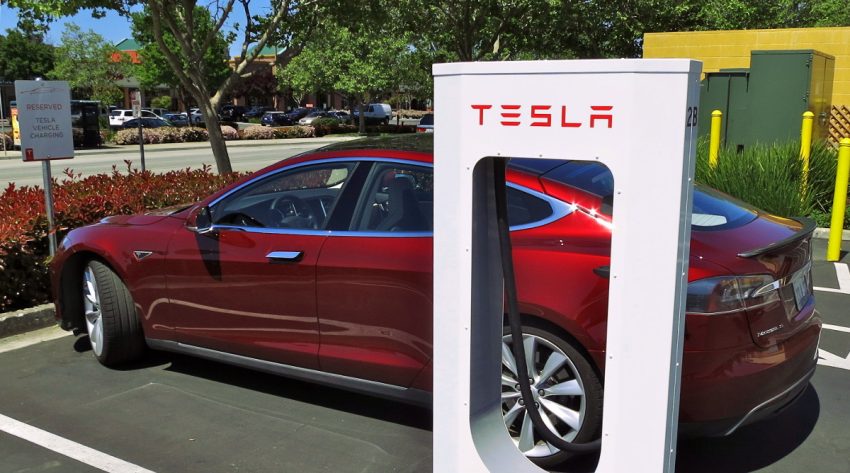
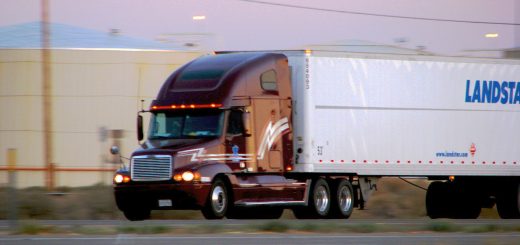
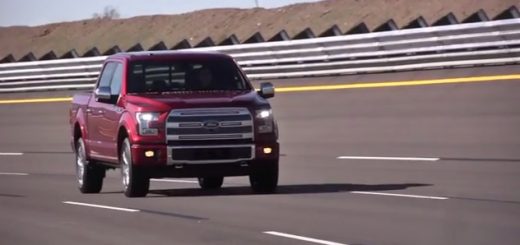
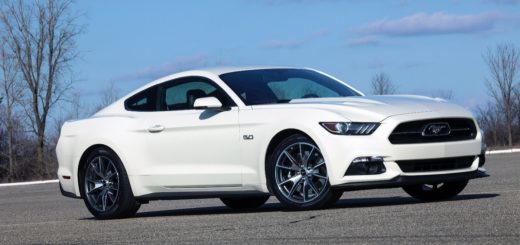
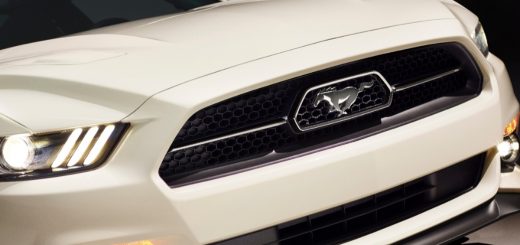
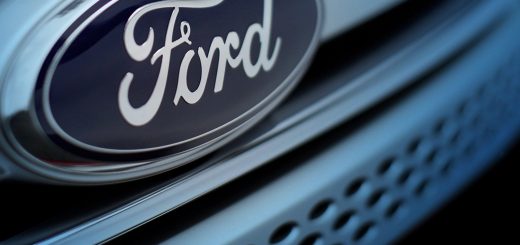
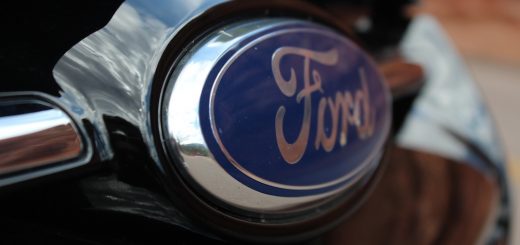
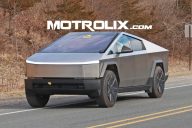
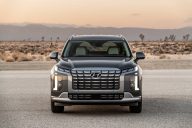

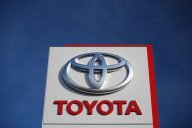


No Comments yet